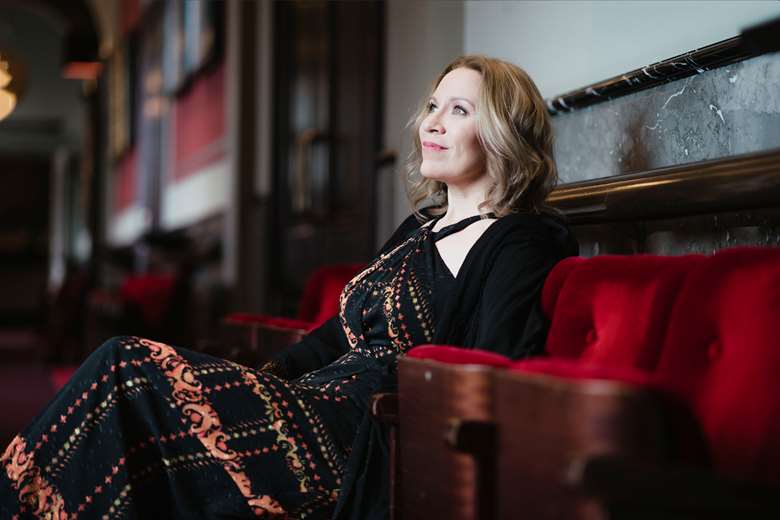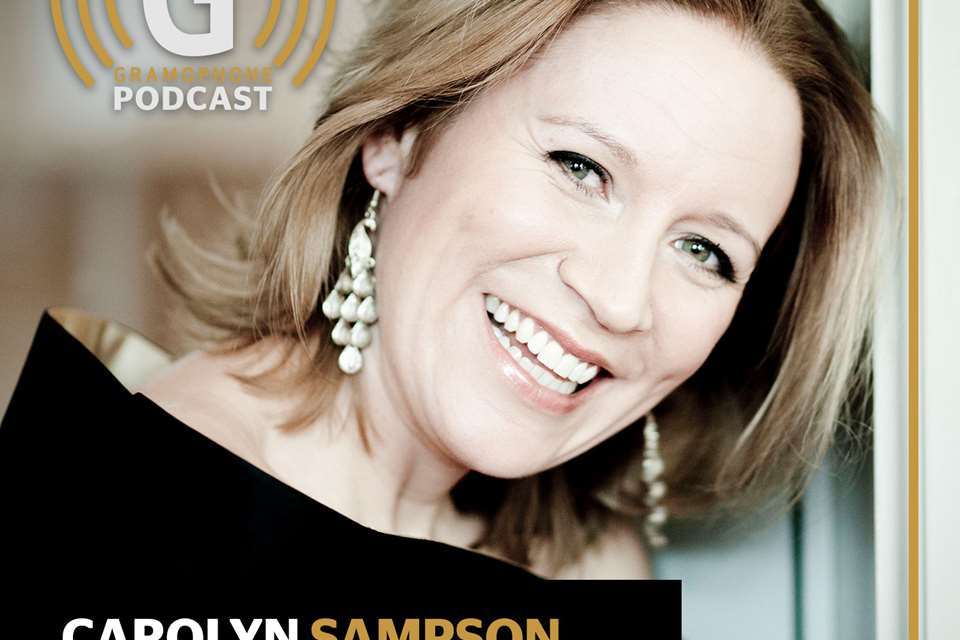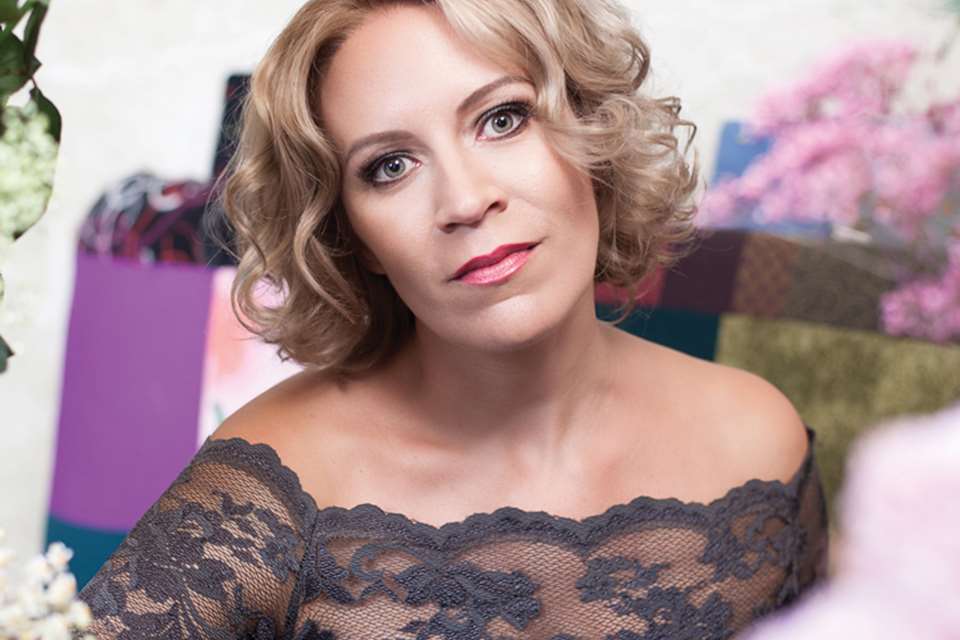'Since the sad demise of most of our record shops, the way we both programme and market recordings has changed'
Carolyn Sampson
Tuesday, February 25, 2020
The concept album has come of age, says soprano Carolyn Sampson

What's in a name?
Well, hopefully a clue as to what's on the record... But naming an album seems to have become increasingly important over recent years. I'm not sure that the concept of concept albums is particularly new – see Karajan and the Berlin Philharmonic's 1973 'Adagio' LP – but as artists look to justify putting yet more recordings into a busy market, it can certainly help to give a programme some kind of theme.
Of course, the world of song lends itself especially well to this sort of programming. Joseph Middleton and I love cooking up new recitals and seeing whether we can present songs from a new perspective by virtue of their context. One thing that we can't influence is the fact that music-lovers can listen differently these days; that if they so wish, our virtual audiences will dip in and out of our recordings and pluck the song of their choosing individually, or create their own playlist. But it is up to us, and, I think, our responsibility to offer a starting point. We give a lot of consideration as to how to present our journey. Our vision.
Rather than being connected by a subject matter, like 'Fleurs' or 'Reason in Madness', or a poet, as 'A Verlaine Songbook', the works on our new recording are chosen for their diversity, hence 'The Contrast' (title shamelessly pinched from one of William Walton's songs). We've sought to showcase a variety of composers with very individual voices, setting english poetry. Ralph Vaughan Williams and Roger Quilter provide the more traditional sound of English song, while Frank Bridge (one time composition tutor of Benjamin Britten) explores a more adventurous harmonic language. Walton's distinctive sound frames our programme, and the centrepiece is Huw Watkins's settings, written for me in 2010, of five poems by Philip Larkin. Our goal? That each group of songs shines in the context we've chosen.
Two other questions form in my mind as I write. Are we programming differently now, or just marketing differently in comparison to previous decades? And are instrumentalists also naming their recorded offspring?
To the second – yes, some instrumentalists definitely seem to be embracing this way of presenting works. Alexandre Tharaud springs to mind, with his 'Barbara', 'Versailles', 'Complices' albums. Or Fenella Humphreys and her 'Bach to the Future' programme. There are other examples, so perhaps instrumental soloists feel the same freedom as vocal artists on this matter. However, I think it's fair to say that the vast majority of chamber and orchestral recordings are sonatas, concertos, symphonies... mostly with the composer's name taking pride of place on the cover. Which draws me back to my first question.
It seems that, since the sad demise of most of our record shops, the way we both programme and market recordings has changed. We no longer have to stick to single-composer albums, as the product no longer has to be filed under M for Mozart on the shelf. Of course, we can offer records like this, and it's often desirable. But I think it is a definite gain, to have the freedom to choose multiple composers and look for new and interesting juxtapositions of works. The recordings become less about the catalogue and more about shining a different light on the music. Joseph and I will certainly continue to think in this way, and we hope that you will join us in our flights of fancy by making the time to listen to an album in its entirety, as well as dipping in and out.









